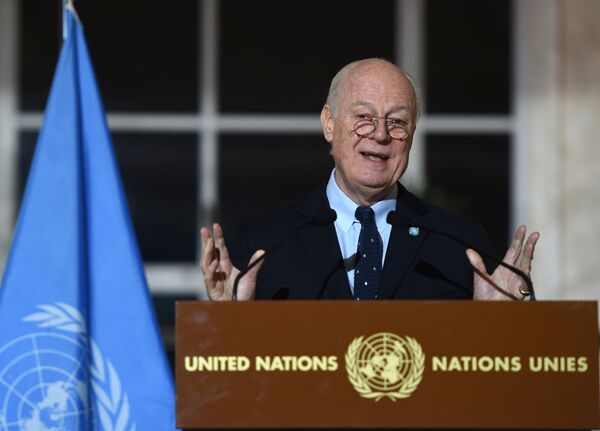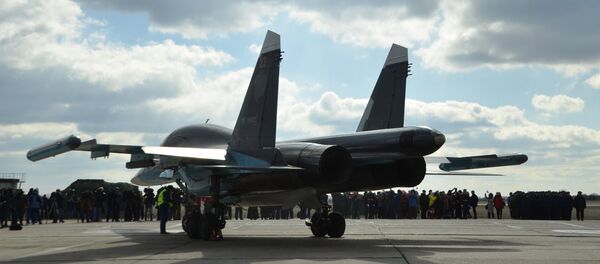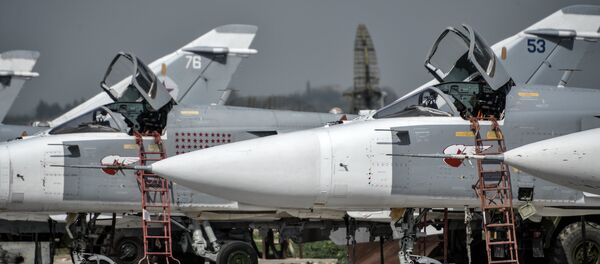While international observers are racking their brains over what Russia's "surprise" pullout from Syria really means, there is nothing mysterious in the Kremlin's latest move, Paul R. Pillar, CIA veteran and nonresident senior fellow at the Brookings Institution, says.
"The announced withdrawal shows that Russian objectives in Syria were never unlimited or grandiose… The withdrawal also demonstrates that the Russians, just like most other people, consider costs and the risks of incurring more costs, along with considering benefits and objectives," Pillar writes in his article for The National Interest.
"Putin does not seem to have fallen into that zero-sum mindset, and there is no good reason for the rest of us to either," Pillar underscores.
The Syrian war is the major stumbling block in the way of political resolution. Therefore a peaceful settlement "needs to be the top priority."
To Putin's credit, the Russian operation has indeed created the preconditions for a political settlement, not giving either side of the conflict an overwhelming military advantage, Pillar remarks.
"Opposition groups have been given reason to believe that a military victory for them is out of reach, and that a negotiated settlement involving the current regime is the only alternative to endless warfare. At the same time, the shoring up of the regime has stopped well short of giving the regime any capability to achieve military victory," the CIA veteran underscores.

In contrast the entire sequence of the Kremlin's moves has helped to create "the necessary hurting stalemate to make possible a negotiated settlement."
Much in the same vein the Russian pullout was evaluated by Professor Stephen F. Cohen in one of his interviews on The John Batchelor Show.
Vladimir Putin fights to get negotiations, Cohen, professor emeritus of Russian studies at New York University and Princeton University pointed out, adding that Russia does not fight like the US — "it does not fight to overwhelm unconditional surrender."
"Russia does not begin wars, it ends wars," the US academic stressed.
However, against all evidence, the Pentagon continues to look for some "hidden agenda" behind the Kremlin's move.
"It's difficult to know what the Russians' intentions are. We were not expecting this announcement in the first place, so as we compare their words to their actions, we'll have to wait to see what develops," Pentagon spokesman Col. Steve Warren told Reuters on March 16.
Some US military analysts went even so far as to suggest that there is no withdrawal of Russian military forces from Syria at all.
Indeed, Russia's move has caught many by surprise, prompting a wide range of speculations which have nothing to do with reality.
"Russian behavior, including in the partial cessation of hostilities and the UN-mediated political negotiations, are consistent with the current Russian aim in Syria being a peaceful settlement," Paul R. Pillar emphasizes.




